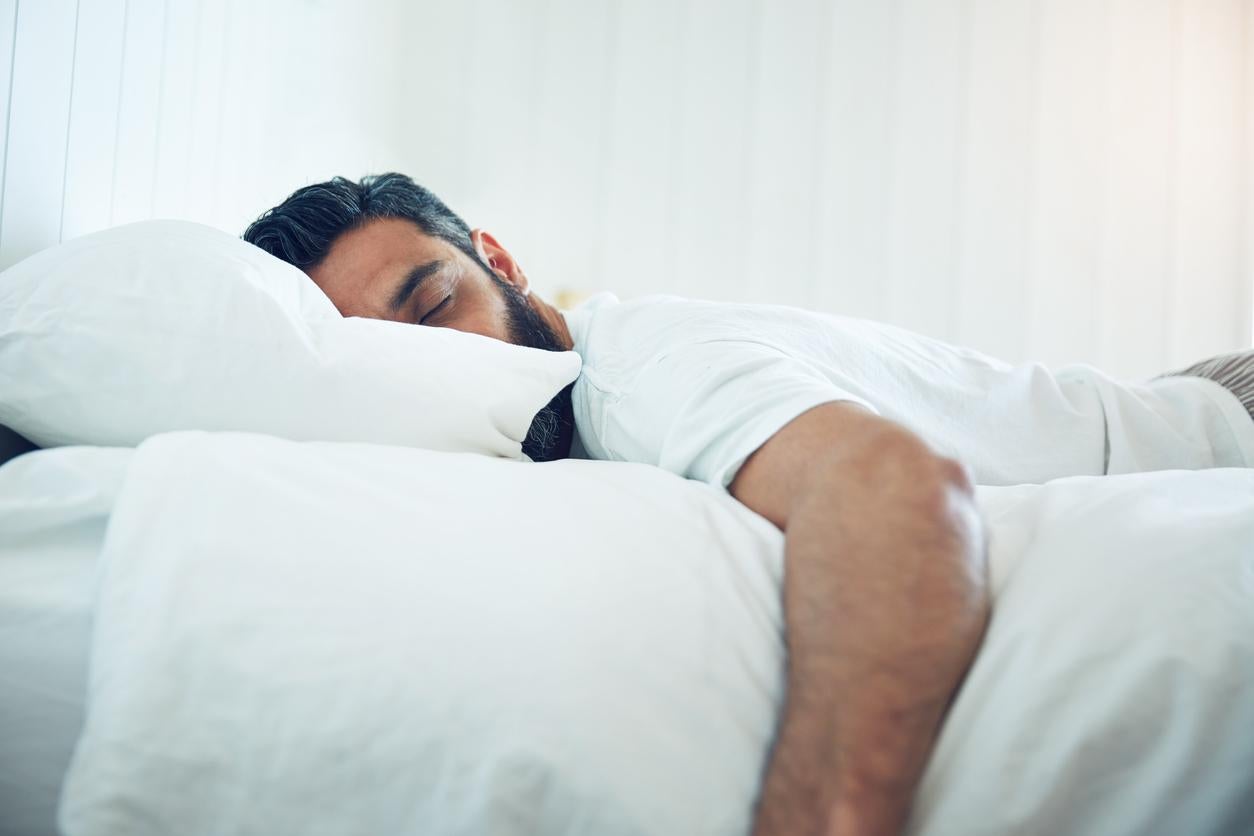Social jet lag: The exhausting condition you probably don't know you have
It can negatively impact your health

When your alarm rings in the morning, most of us have to reluctantly drag ourselves out of bed. It’s not pleasant.
And so those two days a week where you don’t have to set an alarm (or at least not an early one) are heaven. Yes, a weekend lie-in is a joy.
Many of us stay up later than usual on Friday and Saturday nights, whether out partying or on the sofa binge-watching Netflix. We feel it’s OK because we can just make up for the lost sleep in the morning.
But it turns out sleeping in on weekends could be wreaking havoc with your body clock: it’s called social jet lag.
Whilst you may think your body needs to catch up on lost sleep, having lie-ins can actually cause chronic fatigue, irritable moods and even increase your risk of heart disease - by 11 per cent, according to a new study.
“These results indicate that sleep regularity, beyond sleep duration alone, plays a significant role in our health,” the study’s lead author Sierra B. Forbush told EurekAlert.
“This suggests that a regular sleep schedule may be an effective, relatively simple, and inexpensive preventative treatment for heart disease as well as many other health problems.”
Getting enough sleep is of course important for our health, but it’s now being realised how key it is to have a regular sleeping pattern too.
Overnight Sleep Masks
Show all 7The phenomenon is called social jet lag because it’s usually due to people socialising at night, and the side effects really do mirror jet lag:
“The behaviour looks like if most people on a Friday evening fly from Paris to New York or Los Angeles to Tokyo and on Monday they fly back,” Dr Till Roenneberg, professor at the Institute of Medical Psychology at the University of Munich, told WebMD.
“Since this looks like almost a travel jet lag situation, we called it social jet lag. They have to live a life almost in a different time zone in comparison to their biological clock.”
Previous studies into social jet lag have found that those suffering from the condition are more likely to be depressed, smoke, consume more caffeine and drink more alcohol than average, Refinery 29 reports.
To reset your body clock, you should try and get seven hours' sleep a night and resist the urge to sleep for longer at weekends.
Subscribe to Independent Premium to bookmark this article
Want to bookmark your favourite articles and stories to read or reference later? Start your Independent Premium subscription today.

Join our commenting forum
Join thought-provoking conversations, follow other Independent readers and see their replies